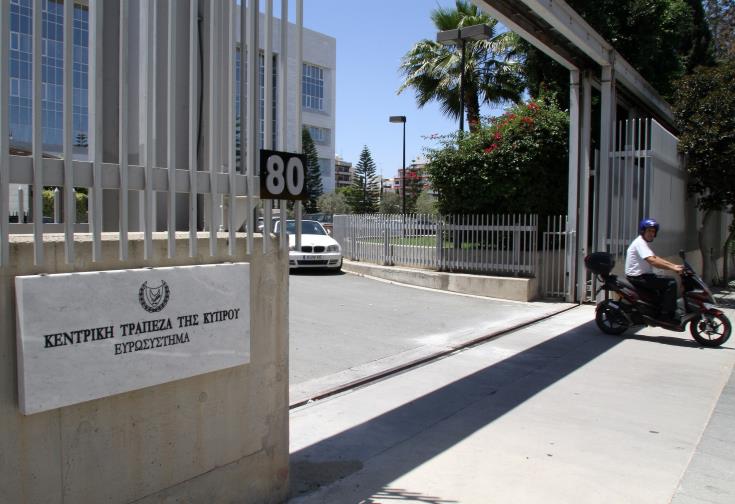Cyprus’ GDP growth rate for 2023 will be 2.4% and annual inflation is anticipated to reach 3.9%, with the island’s economy displaying resilience under pressure from hiking interest rates and uncertainty caused by conflicts in the region, according to the Central Bank of Cyprus.
Praising the island’s economy’s resilience, the CBC underscored that hiking interests and uncertainty deriving from conflicts in the region, may undermine progress recorded in dealing with non-performing loans in recent years.
Releasing its Financial Stability Report for 2022, the CBC said that the Cypriot economy experienced robust growth of 5.6% in 2022, surpassing the 3.5% increase in the eurozone.
This growth is attributed to better-than-expected performance in tourism, the economic impact of foreign companies attracted under the strategic framework for attracting companies for establishment and/or expansion of activities in Cyprus (international headquartering), and a minimal reliance on natural gas compared to other European countries.
Despite domestic inflation reaching historically high levels of an average 8.1% in July 2022, primarily due to the adverse effects of the Russian invasion in Ukraine on energy and food prices, the Central Bank is optimistic about the Cypriot economy’s continued positive trajectory in 2023.
The latest forecasts from September 2023 project a GDP growth rate of 2.4% in 2023, followed by 2.7% in 2024 and 3.1% in 2025.
The predictions also anticipate a substantial reduction in inflation to 3.9% in 2023, with further easing expected in 2024 and 2025, at 2.7% and 2%, respectively.
NPL threat very much alive
Emphasising the resilience demonstrated by the Cypriot economy and banking sector throughout 2022, the report, however, does raise concerns about a potential surge in NPLs due to rising lending interest rates.
The Central Bank also acknowledges the uncertainty stemming from the outbreak of the war in the Middle East, with potential impacts on the Cypriot economy contingent upon the war’s duration, intensity, and scope.
While the financial sector in Cyprus maintains its resilience, the Central Bank cautions about potential indirect challenges for financial institutions in the event of a prolonged war and involvement of other countries, potentially affecting the Cypriot economy.
Regarding 2022, the report notes that after the decline of the pandemic, the Cypriot economy faced new external challenges.
Households and businesses with loans linked to variable interest rates tied to Euribor or the ECB interest rate encounter new challenges in servicing their debt.
However, a significant portion of loans referenced to the base interest rate of credit institutions has not experienced significant increases, as it is linked to the financing cost of credit institutions, including the deposit interest rate, which has remained relatively stable.
“Therefore, households and businesses in the aforementioned category are not expected to be significantly affected at this time,” the CBC report said.
Moreover, it suggests that the full impact of enduring high inflation and the subsequent substantial rise in interest rates on the private non-financial sector’s balances is expected to intensify gradually.
“Despite a recent decrease, the elevated debt levels in the private non-financial sector, coupled with escalating lending rates and the cost-of-living challenges stemming from prolonged high inflation, pose additional difficulties for the sector. This is particularly concerning for vulnerable households and businesses, impacting their capacity to fulfill financial obligations,” said the Central Bank.
Taking into account the projected decrease in households’ disposable income, a potential decline in non-financial businesses’ profitability, and the increase in lending rates, the Central Bank of Cyprus underscores that, “the risk of a new surge in non-performing households and businesses should not be underestimated.”









